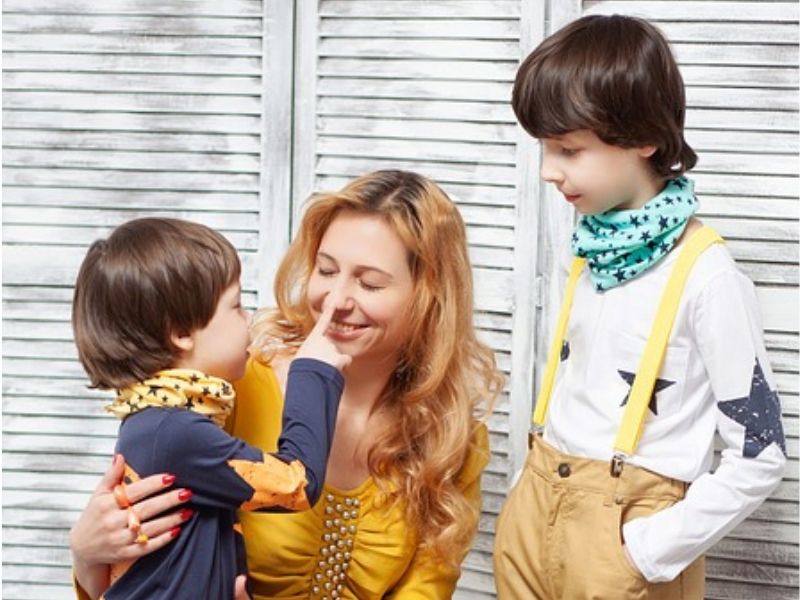
Parental favouritism of one child over the other affects their emotional well-being. It is very likely that in their growing years, a neglected child could lose self-esteem, become depressed and also lose faith in themselves. This in turn affects their studies and intellectual growth.
So parents need to be extremely cautious and treat all the siblings equally. So let’s look at some ill-effects of parental favouritism.
Favoured children grow up to become spoiled brats
Usually, children who are petted a lot, become spoilt brats. They can display unnecessary tantrums, demand a lot of gifts, and also display adamant behavior right from their childhood. Favoured children may feel a sense of superiority and tend to believe that they can break rules. This can adversely affect their ability to sustain relationships, along with their behavior at school, work life, and even friendships.
Fosters sibling rivalry
Stress and self-esteem
Displaying partiality towards a child can cause unrequited stress on the other child. The feeling or perception of being the less favourite can hurt the self-esteem of a child. For instance, labeling one of your children as smart or intelligent may lead to unnecessary and unhealthy competition among the kids, where one would continuously try to put the other down. In adulthood, the less favoured child may still lack self-esteem and hence may not be able to perform well in their work lives.
Emotional effects
People usually don’t forget that they were not treated fairly by their parents. The neglected children may develop hatred towards the parent who displayed favouritism. Also, such children are more likely to exhibit aggression and inappropriate behavior in their schools and with siblings. The lack of parental affirmation and affection may leave a void in their lives which can never be filled. Children can also exhibit signs of depression very early in life.
Suppresses talents
As a parent, when you favour a child for being talented, this automatically makes the less favoured child suppress his/her talents. Due to lack of encouragement and support, they start doubting their abilities, suppress their talents and fail to achieve their true potential. According to psychologists, an emotionally healthy child will want to display his or her talents and will also learn faster. Always promote your kids to display their talents and do not praise or encourage only one child. Encourage all the kids to perform to the best of their abilities.
Shy away from social situations
At social events and gatherings, children are expected to display a certain demeanor. They are expected to wish and greet the elders and also to respond to conversations. The unfavoured child may shy away and may not respond very well. As these kids grow up they tend to lack social skills due to lack of self-confidence. According to experts, unfavoured children may carry the belief that they are not good enough throughout their lives.
Also read: Turn sibling rivalry upside down